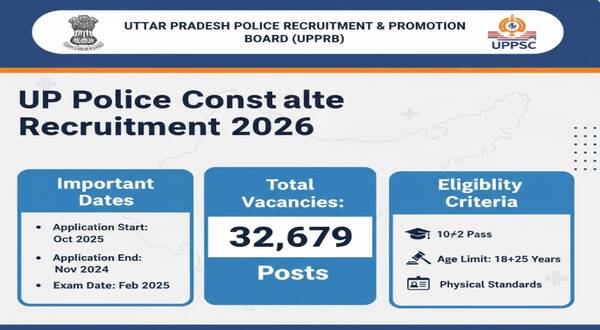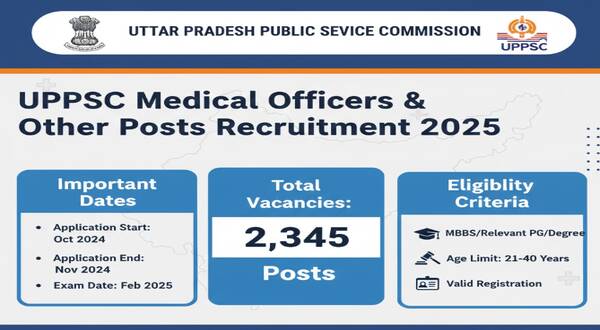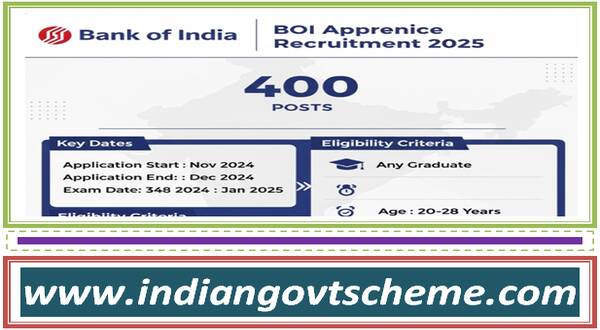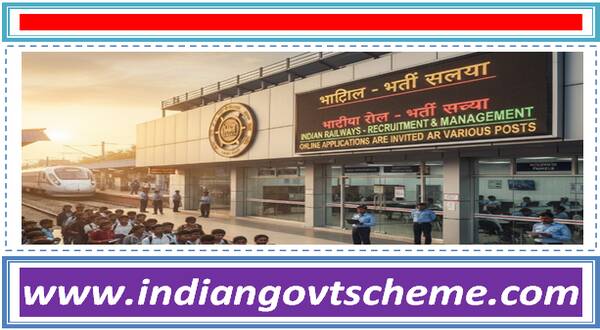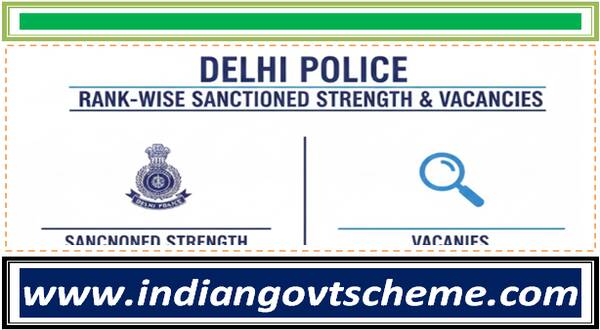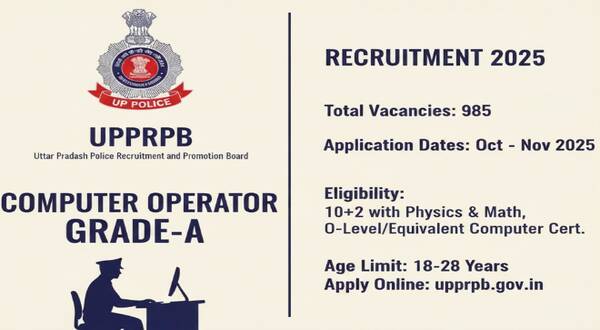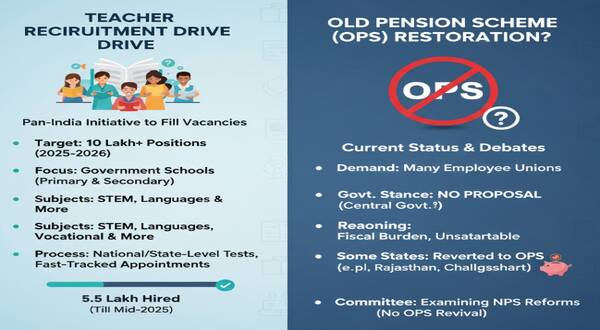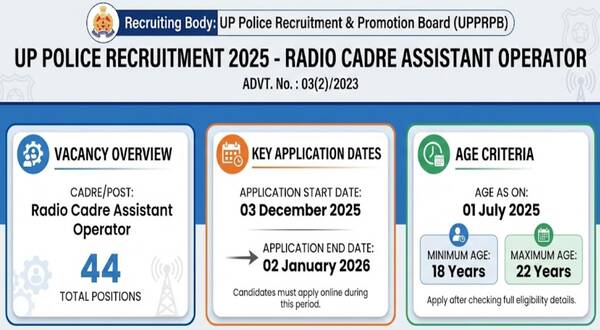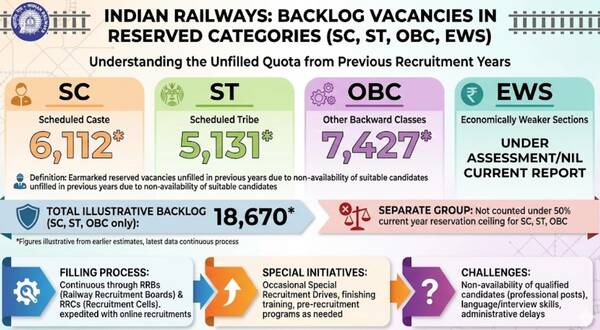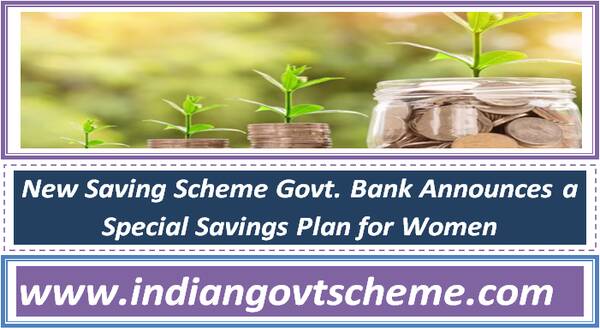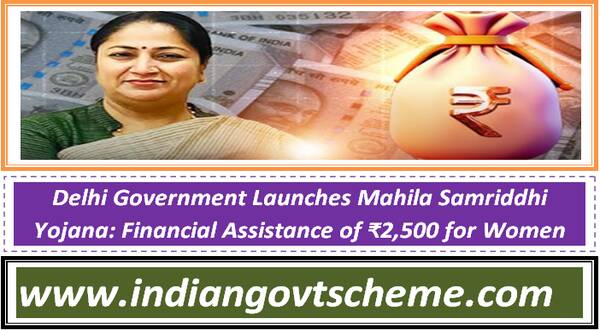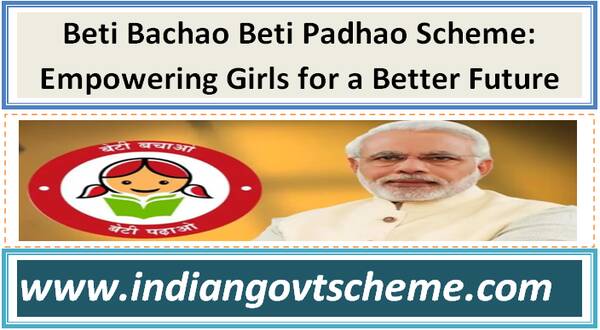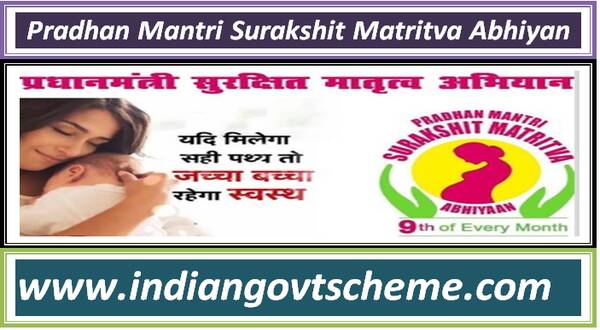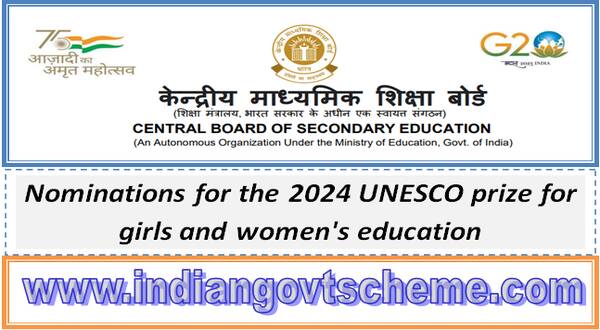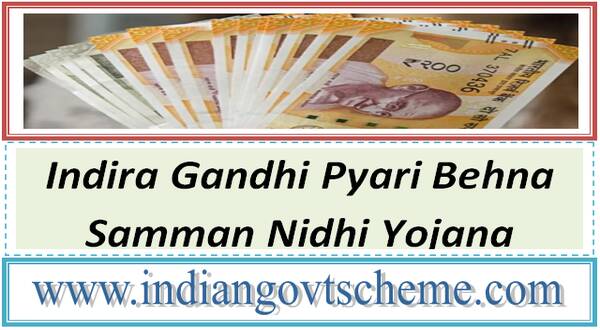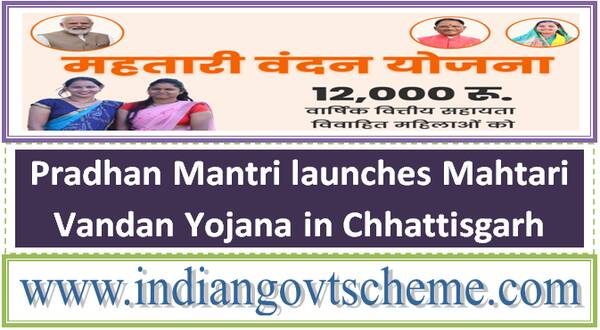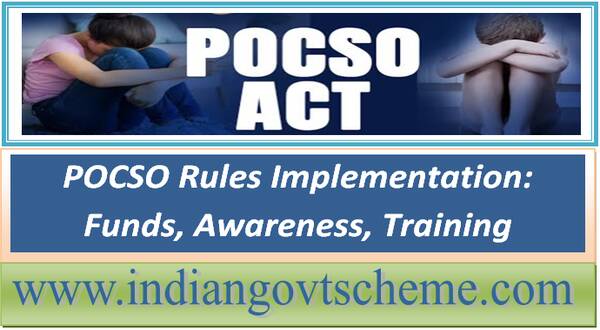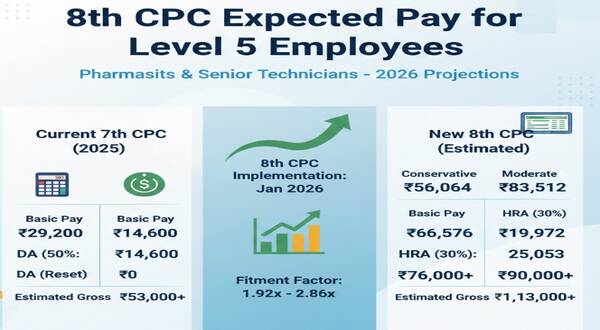Department of Women and Child Development, Physical Training Instructor, Recruitment Rules, 2022
DEPARTMENT OF WOMEN AND CHILD DEVELOPMENT
NOTIFICATION
Delhi, the 1st March, 2023
F. No.22(14)/RR/PTI/Admn./WCD/2022/1989.—In exercise of the powers conferred by the proviso to article 309 of the Constitution read with the Government of India, Ministry of Home Affairs, notification number F- 27/59-Him. (i), dated the 13th July, 1959, the Lt. Governor of the National Capital Territory of Delhi is pleased to make recruitment rules for the post of „Physical Training Instructor‟ in the Department of Women and Child Development, Government of National Capital Territory of Delhi, namely: –
1. Short title and commencement: – (i) These rules may be called the „Department of Women and Child Development, Physical Training Instructor, Recruitment Rules, 2022‟.
(ii) They shall come into force from the date of their publication in the Delhi Gazette.
2. Number of Posts, Classification and level in the pay matrix: – The number of the said posts, their classification and Level in the pay matrix attached thereto shall be as specified in columns (2) to (4) of the Schedule annexed to these rules.
3. Method of recruitment, age limit, Qualifications, etc: – The method of recruitment to the said posts, age limit, qualification and other matters connected therewith, shall be as specified in columns (5) to (13) of the said Schedule.
4. Disqualification: – No person:-
- (a) who has entered into or contracted a marriage with a person having a spouse living; or
- (b) who having a spouse living, has entered into or contracted a marriage with a person, shall be eligible for appointment to the said post:
Provided that the Government may, if satisfied, that such marriage is permissible under the personal law applicable to such person and the other party to the marriage and that there are other grounds for so doing, exempt any person from the operation of this rule.
5. Powers to relax: – Where the Government is of the opinion that it is necessary or expedient so to do, it may, by an order and for reasons to be recorded in writing, relax any of the provisions of these rules with respect to any class or category of persons.
6. Saving: – Nothing in these rules shall affect reservations, relaxation of age limit and other concessions required to be provided for the Scheduled Castes, the Scheduled Tribes and other special categories of persons in accordance with the order issued by the Central Government from time to time in this regard.
SCHEDULE
|
Name
of the post.
|
Number
of posts.
|
Classification.
|
Level in the pay matrix.
|
Whether
selection
or non- selection post.
|
Age limit for direct recruits.
|
Educational
and other qualification required for direct recruits.
|
Whether age and educational qualifications prescribed
for direct recruitment will apply in the case of
promotees.
|
|
1
|
2
|
3
|
4
|
5
|
6
|
7
|
8
|
|
Physical Training Instructo r
|
04* (2022)
*Subject to variation depende nt on work load.
(02 –
Female,
02 –
Male)
|
General Central Services, Group-„C‟
Non- Gazetted,
Non- Ministerial,
|
Level –
5
Rs.29200- 92300/-
|
Not Applicable
.
|
Between 18
and 25
years*
* In case of post being filled up by All-India Open
Competition, it would be between 18
years and 27 years.
Note 1:
The upper-age
|
ESSENTIAL
:
Graduate with Bachelor‟s Degree in Physical Education (B.P.
Ed.) or equivalent from any recognized
University/Institution;
OR
A Degree/Post Graduate Degree in Yoga with minimum 55% of
marks from a recognized University under UGC Act;
OR
Any Graduate from a recognized University under
|
Not Applicable.
|
|
|
|
|
|
|
limit is
relaxable for departmental candidate upto 40
years in accordance with the instructions or orders issued
by the Central Government from time to time.
Note 2:
The crucial date for determining the age-limit shall be as
advertised by DSSSB/ Competent Authority.
|
UGC Act with One- Year Diploma in Yoga Education/Yoga
Studies/Yoga Science from a recognized University/Institute
with a minimum of 55% marks.
Note
:
Qualifications are relaxable at the discretion of the
Competent Authority, in the case of candidates otherwise
well qualified.
|
|
|
Period of probation, if any.
|
Method of recruitment whether by direct recruitment or
by promotion or by deputation/absorption and percentage
of the vacancies to be filled by various methods.
|
In
case of recruitment by promotion/ deputation/
absorption, grades from which promotion/ deputation/
absorption to be made.
|
If
a Departmental Promotion Committee exists, what is its
composition.
|
Circumstances
in which Union Public Service Commission is to be
consulted in making recruitment.
|
|
9
|
10
|
11
|
12
|
13
|
|
2 years.
|
By Direct Recruitment.
Note: “Vacancies caused by the incumbent being away on
deputation or long illness or study leave or under other
circumstances for a duration of one year or more may be
filled on deputation basis from officers of Central
Government/State Government/UTs:-
(a) Holding analogous post on regular basis; and
(b) Possessing the qualifications and experience prescribed
for direct recruits under Col.
|
Not Applicable.
|
Group
‘C’
DPC/DCC (for confirmation)
i) Pr. Secretary/ Secretary (AR) –
Chairman
ii) Director, DWCD
–
Member
iii) Dy. Secretary (GAD) – Member
Note:-
Senior most member of the Departmental
|
Not applicable.
|
|
|
7”.
|
|
Confirmation Committee for considering confirmation shall
act as Chairperson in case the notified Chairperson of the
Committee happens to be junior to another member of the
Committee.
|
|
By Order and in the Name of Lt. Governor of the
National Capital Territory of Delhi,
Ms. PRIYANKA KUMARI, Dy. Director, Admn.
नोट :- हमारे वेबसाइट www.indiangovtscheme.com पर ऐसी जानकारी रोजाना आती रहती है, तो आप ऐसी ही सरकारी योजनाओं की जानकारी पाने के लिए हमारे वेबसाइट www.indiangovtscheme.com से जुड़े रहे।
*****



